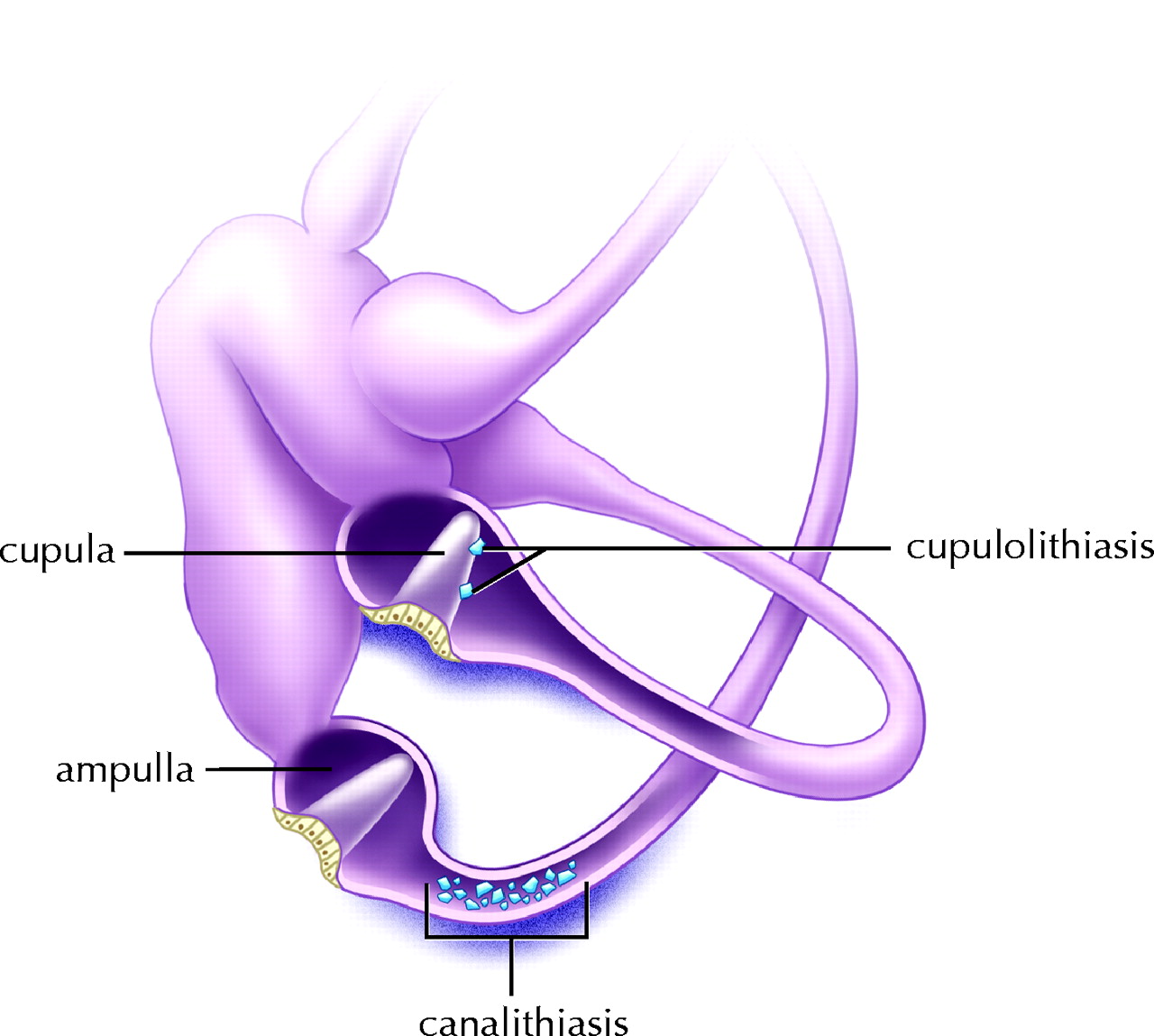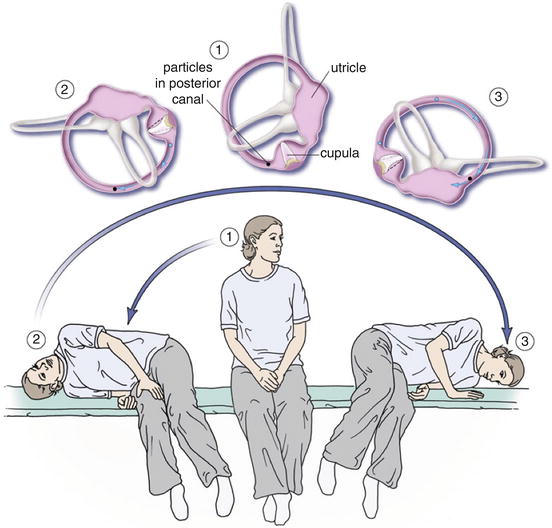
It’s not clear what causes these episodes, but similar to migraine attacks, stress is thought to be a trigger.

Meniere’s disease is a buildup of fluid in your inner ear that can cause vertigo, hearing problems, or ringing in your ear.Vestibular labyrinthitis is a viral infection of your inner ear that can disrupt the transmission of neural information between your vestibular system and brain.Vestibular neuritis is a viral infection of your vestibular nerve and can cause intense vertigo by impairing neural transmissions from your ear to your brain.Some of the more common causes include ear infections, BPPV, and Meniere’s disease. There are many potential causes of vertigo.

Other conditions that can bring on vertigo Vertigo is a specific type of dizziness that makes you feel as if you or your surroundings are spinning when they’re not.Ĭommon symptoms that often accompany vertigo or dizziness include: However, dizziness refers to a general feeling of being off balance. The terms vertigo and dizziness are often used interchangeably. Stimulation of the vestibular system and worrying about experiencing vertigo can cause anxiety.
#Benign paroxysmal positional vertigo driver
For example, somebody with social anxiety may experience dizziness when forced to be in a crowded room or a nervous driver may start to see the world spinning when navigating through heavy traffic.Īnxiety and vertigo can have the opposite relationship, too. Some people may experience sudden vertigo when faced with the trigger of their anxiety. When you chronically feel anxious, your body’s level of cortisol and other stress hormones remain elevated and negatively impact your vestibular system.Ī 2016 retrospective study looked at 7,750 people with anxiety disorder and an equal number of people without it.Īfter 9 years of following the participants, the researchers found that people with anxiety disorders were 2.17 times more likely to develop benign paroxysmal positional vertigo (BPPV), the most common type of vertigo, than people without anxiety disorders. Your body also releases other chemicals including histamine and neurosteroids when you’re stressed that may indirectly impair neurotransmission between your vestibular system and your brain. It’s thought that these hormones may disrupt ion channels in your nerves and neurotransmission in your brain. Stress and vertigoĮlevated levels of stress hormones including cortisol can negatively impact the transmission of neural information from your vestibular system to your brain.

The information from both sets of organs is sent to your brain via the vestibular nerve. It’s made up of three semicircle-shaped canals filled with fluid and tiny hairs.Īs you turn your head, the hairs can detect which direction the fluid is moving and your brain can use this information to determine what direction your head is facing.īeneath these canals are two similar organs called your utricle and saccule that are also filled with fluid and hairs and detect acceleration. Your vestibular system refers to the organ in your inner ear that controls your balance. In about 85 percent of cases, the cause of dizziness originates from the vestibular system. Dizziness or vertigo can occur if any part of this system is impaired. Stress and anxiety can contribute to dysfunction of your vestibular system. Can stress cause dizziness and other symptoms of vertigo?


 0 kommentar(er)
0 kommentar(er)
